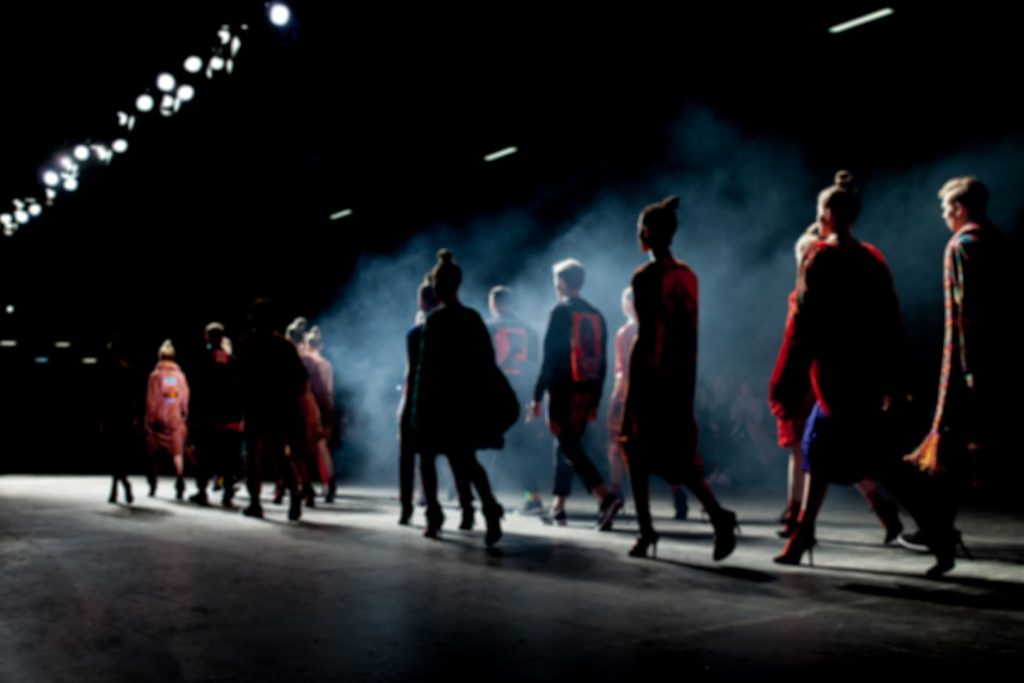By Benjamin Choi
Crossover is a peculiar Hongkie term to describe ‘collaboration’ merchandises co-designed, manufactured and marketed by two established brands only for a particular season and in a limited number of production rendering such items rare, iconic and sought after in the market, such as a Supreme x Louis Vuitton Monogram Box Logo Hoodie (Farfetch market value at HKD83,758), or a Gucci x The North Face Print Jacket (Stock X market value at HKD47,900). Supportive fans of these brands are so willing to spend on these limited edition items to acquire them as collectibles or maybe even works of art.
Speaking of works of art, artists’ works are mostly original designs from scratch whilst some artists are good at creating works based on the iconic and basic items from reputable brands (such as a Hermes Kelly or Birkin bag or a pair of plain Converse sneakers) to enhance the overall appearances of such items in very artistic manners. In most cases brand owners do not intervene or object to such works which in a way pay tribute to the brand’s status and reputation. In the US, it is a legal rationale that gives artists the ability to express their own ideas and profit from their own creativity after customized art work has been infused into the items. Such items are almost equivalent to works of art in the global art culture that brand owners generally have to bear with. What could happen if an artist has crossed the line and infused a controversial idea into a re-made product?
In early April 2021, Nike filed a law suit in the United States against MSCHF Product Studios Inc. (MSCHF) after its launch of a pair of modified Nike Air Max 97 black color sneakers named the ‘Satan Shoes’ designed in collaboration with Rapper Lil Nas X priced at USD1,018 in a limited number of 666 pairs which had been sold out in just an hour. Nike is not happy because the shoes are designed in a ‘satanic-theme’ with the midsoles of the sneakers injected with red ink and a drop of human blood (which allegedly came from one of the designers’ team of 6 guys). Whilst these sneakers are originally authentic, the customizations are not authorized or endorsed by Nike. In the Internet space, there were calls to boycott Nike for promoting Satanism! Nike reacted quickly by filing a court action based on trade mark dilution to seek both preliminary and permanent injunctions and damages plus the destruction of the shoes. The parties had settled the case just few days before they were to appear before the Judge. MSCHF had to recall the Satan Shoes voluntarily and offer a buy back of the Jesus Shoes released by MSCHF in 2019 in a total number of 24 pairs of Nike Air Max 97 white color sneakers injected with a drop of holy water extracted from River Jordan.
To all respectable artists and designers: we love your creativity but please do not cross that line when you create a piece based on an item originated from another brand owner!
April 2021
Crossover or Crossed over?




